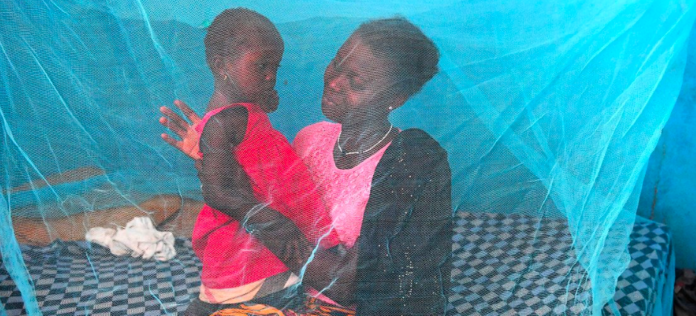
By Gabs Mia
Kinshasa, DRC: In a pivotal move against malaria, the Democratic Republic of Congo (DRC) sets the stage by introducing the R21/Matrix-M Vaccine. This eagerly anticipated advancement brightens the horizon in a country where malaria continues to cast a grim shadow, standing as the foremost cause of childhood sickness and mortality.
In Kinshasa, a workshop was recently held to create a thorough plan for the successful deployment of the antimalarial vaccine in the DRC. This workshop brought together key stakeholders from the Expanded Program on Immunization, the National Malaria Control Program, and their partners. The discussions centered around establishing an operational model, defining a strategic roadmap, and training key actors.
Malaria is endemic in the DRC, meaning it is constantly present and transmitted year-round. This has devastating consequences, especially for children under five, with many lives claimed by the disease each year. In fact, studies indicate that malaria accounts for nearly 30% of deaths in this age group.

The DRC has experienced 27,657,762 cases and 24,344 fatalities due to malaria, as announced by the Minister of Public Health. The data shows a slight increase in cases and a contrasting decrease in mortality rates. While efforts are in progress to combat malaria, these statistics highlight the critical need for continued and enhanced malaria control measures in the DRC to effectively address the situation.
While there is excitement over the R21/Matrix-M Vaccine, challenges remain. Vaccine hesitancy and access issues exist in remote and conflict zones. Consistent communication and outreach efforts are necessary. The vaccine is complementary to existing preventive measures, like insecticide-treated bed nets, rather than a replacement.
The introduction of this vaccine in the DRC is a landmark moment. If the country can successfully combine vaccination with other measures, there is potential for a significant reduction in malaria cases and deaths, particularly among vulnerable children. The world will observe the success of this program closely, as it can inform future malaria vaccine rollouts across Africa.













